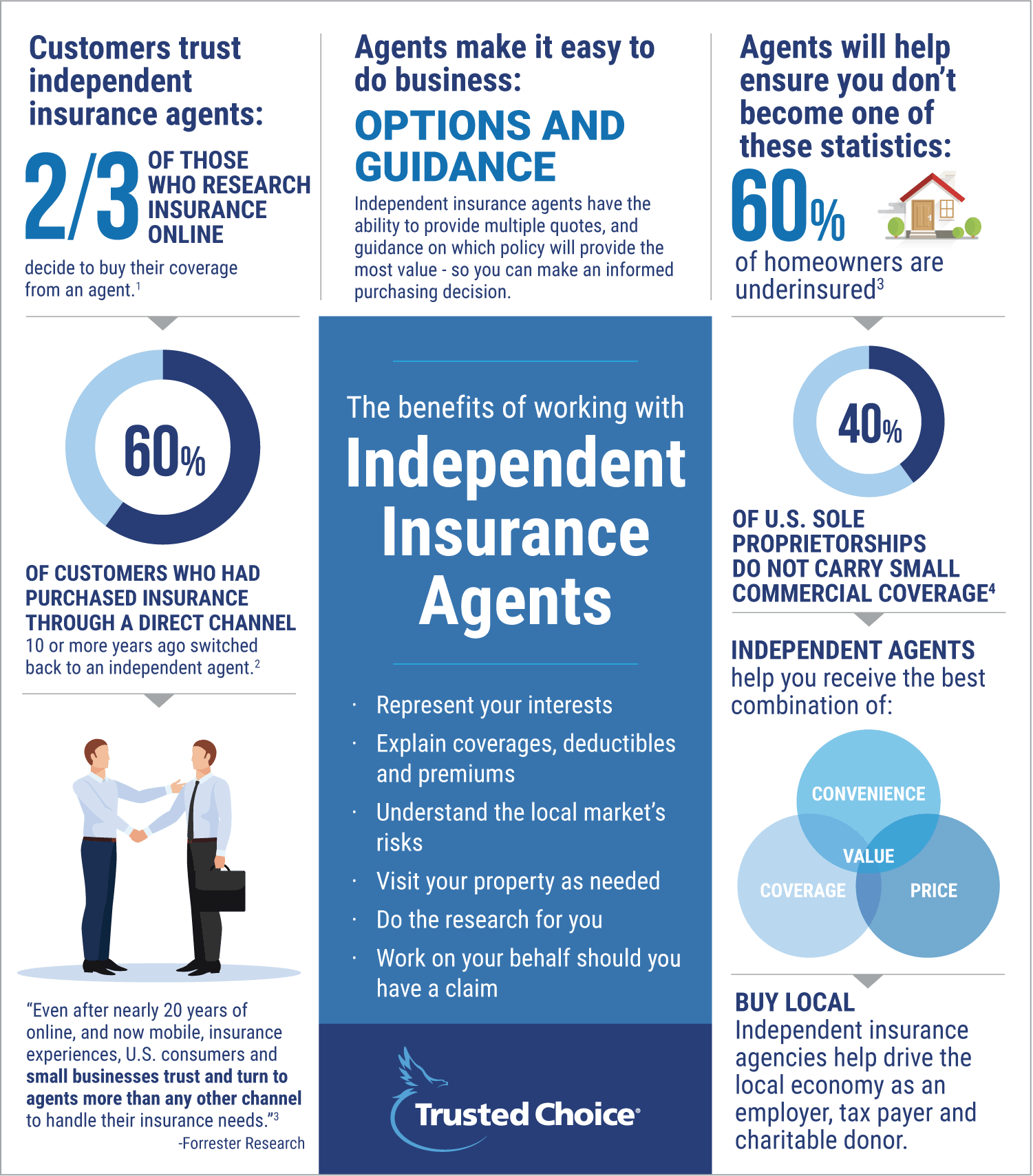In this unpredictable world, strategizing for what lies ahead has become increasingly important like never before. One key player in this process is the insurance agent, a specialist dedicated to assisting clients maneuver through the complicated landscape of insurance options. Notably when it comes to Medicare coverage, grasping how various plans operate can have a major effect on financial stability and access to health care as we age. Insurance agents serve as knowledgeable navigators in this detailed realm, ensuring that clients make informed decisions that best suit their needs.

Medicare Advantage plans, which serve as an alternative to Original Medicare, have gained acceptance among future and active beneficiaries. However, selecting the right plan can be challenging due to the numerous choices available. This is where insurance agents come into play, helping clients differentiate between different plans, clarify benefits, and recognize hidden issues. From Medicare Advantage in relation to Original Medicare to the best plans for the upcoming year, agents enable a smoother transition into this important phase of life, providing peace of mind for both individuals and their families.
Understanding Medicare Part C Plans
Medicare Advantage Plans, also known as Medicare Advantage, represent an inclusive alternative to Traditional Medicare. Such plans are typically provided by private insurance companies approved by the government and offer a comprehensive approach to medical care for eligible individuals. They typically include coverage for inpatient care, outpatient services, and often additional benefits such as dental, vision, and hearing services. This expanded coverage is designed to cater to the diverse needs of enrollees, rendering it an appealing option for numerous people.
One of the principal aspects of Medicare Advantage Plans is that they may include a group of healthcare providers, which can affect your choice of doctors and specialists. The majority of plans operate either as HMOs or Preferred Provider Organizations (PPOs). Understanding the distinctions between these types can help beneficiaries make informed choices based on their healthcare needs and preferences. HMO plans regularly require members to choose a main doctor, while PPOs provide more freedom in seeing specialists, albeit typically at a higher cost.
Enrolling in Medicare Advantage Plans is permitted during certain periods throughout the year, such as the yearly sign-up window and the first enrollment phase when individuals first become eligible for Medicare. Understanding how to navigate these sign-up periods is essential for prospective enrollees. It's also vital to consider factors such as out-of-pocket costs, medication coverage, and the extent of the provider network when considering a policy. With the right details, people can choose a Medicare Advantage Plan that aligns with their medical needs and budget.
Registration and Choosing Tips
When evaluating a Medicare Advantage Plan, it's important to acquaint yourself with the registration process. https://GimeliHannaInsuranceAgency.com/ occurs during specific periods, such as the Initial Enrollment Period when you first become eligible for Medicare. There are also chances for changes during the Annual Enrollment Period, which runs from October 15 to December 7 each year. Being informed about these periods can help you avoid missing your chance to select a plan that fits your needs.
Determining the right Medicare Advantage Plan requires thoughtful evaluation of your healthcare needs and preferences. Begin by assessing your current medical situation, including any chronic conditions, and think about which doctors and hospitals you prefer to use. It's also important to understand the plan's network, as some plans are exclusive to specific providers. This step ensures that you can access the essential care without incurring significant out-of-pocket costs.
Lastly, don’t hesitate to seek assistance from Medicare brokers or agents. They can provide essential insights into the multiple options available and help clarify complex details related to benefits, coverage, and costs. Requesting questions specific to your healthcare needs and what services are included can help in making an wise decision. Remember, the goal is to choose a plan that not only meets your health requirements but also offers the optimal financial protection for your future.
Benefits and Coverage Choices
Medicare Advantage plans present a multitude of advantages that typically go beyond what Original Medicare offers. Several plans feature coverage for vision, oral health, and auditory services, which can significantly improve your overall healthcare experience. These additional services can assist you maintain your well-being and overall health, making Medicare Advantage an appealing option for countless seniors. Moreover, certain plans offer zero cost options, offering essential coverage without extra financial burden.
When it comes to insurance options, Medicare Advantage plans frequently incorporate integrated prescription coverage. This means that participants can get their medical and medication benefits through a single plan, making easier the management of healthcare requirements. Choosing a plan that features this coverage can lead to significant savings on drugs, ensuring that you get the care you need free from facing exorbitant costs at the pharmacy.
It is also crucial to comprehend how cost-sharing costs work within Medicare Advantage plans. While many plans have defined limits on out-of-pocket spending, the cost-sharing structure can vary considerably between plans. Reviewing your potential medical needs and contrasting different options is crucial. This way, you can make an educated decision and choose a plan that not only fits your budget but also provides the comprehensive coverage necessary to protect your health and future.
